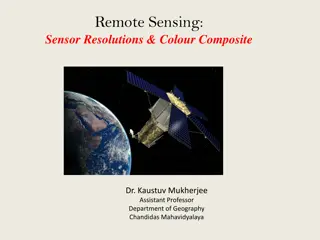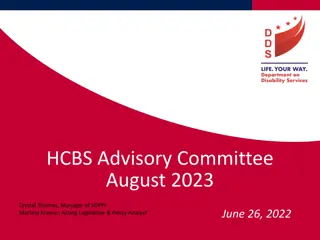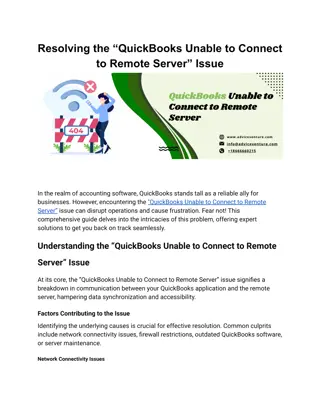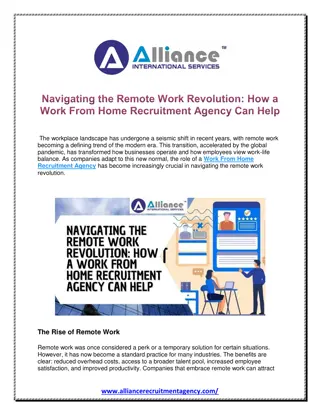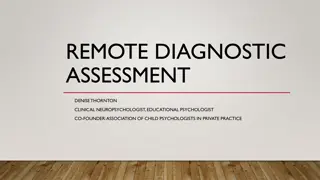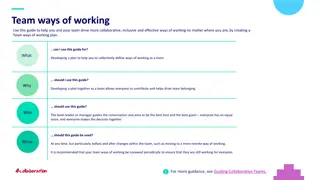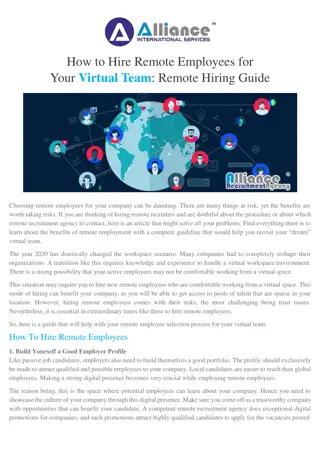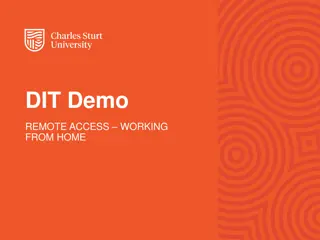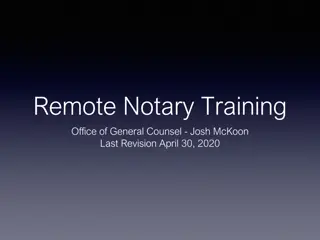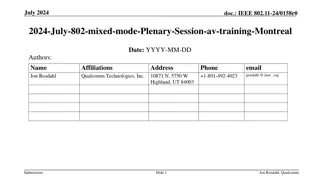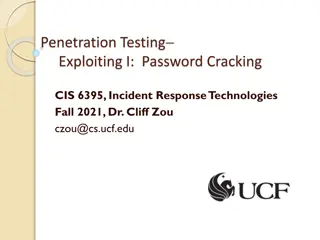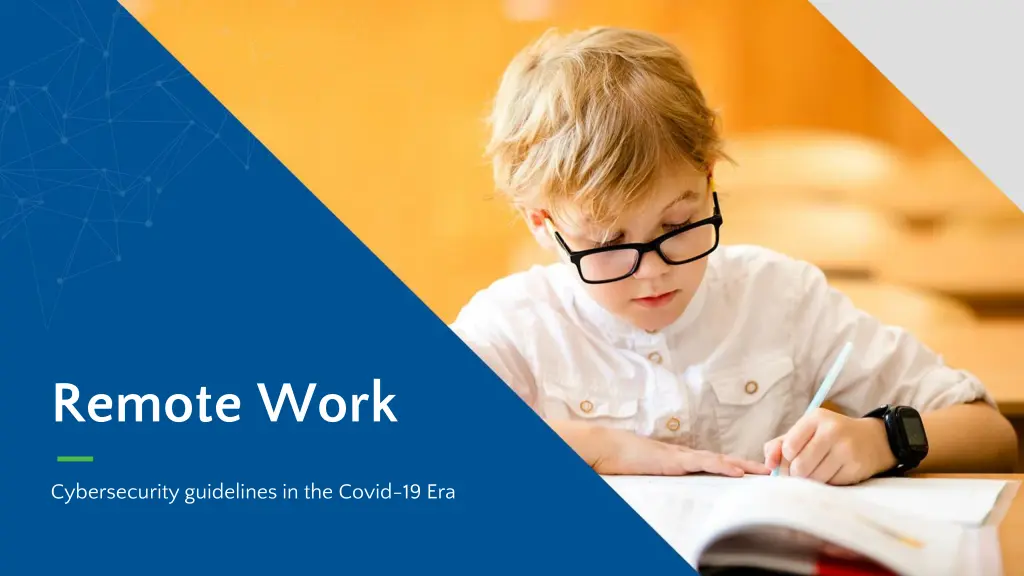
Cybersecurity Guidelines for Remote Work in the Covid-19 Era
Stay secure while working remotely in the Covid-19 era with these cybersecurity guidelines. Limit document printing, lock your computer, be cautious with Coronavirus emails, and know what to do in case of an incident. Remember, mistakes can happen but it's never too late to seek help.
Download Presentation

Please find below an Image/Link to download the presentation.
The content on the website is provided AS IS for your information and personal use only. It may not be sold, licensed, or shared on other websites without obtaining consent from the author. If you encounter any issues during the download, it is possible that the publisher has removed the file from their server.
You are allowed to download the files provided on this website for personal or commercial use, subject to the condition that they are used lawfully. All files are the property of their respective owners.
The content on the website is provided AS IS for your information and personal use only. It may not be sold, licensed, or shared on other websites without obtaining consent from the author.
E N D
Presentation Transcript
Remote Work Cybersecurity guidelines in the Covid-19 Era
Limit Document Printing Avoid taking printouts home and refrain from printing documents while working remotely You may have a home printer, but most likely don t have a paper shredder to safely dispose of documents It s harder to protect access to printouts than electronic files Print on paper only if necessary (It s also better for the environment!)
Limit access to your computer Be sure to lock your computer immediately when you step away It s easy to get distracted and leave our device exposed, especially when there are other family members at home
Open Coronavirus emails with great caution Get your news updates from official channels and don t open email / text message alerts Most Coronavirus emails/ messages are phishing When working remotely, we have no IT professionals to seek advice from, which makes us more vulnerable to phishing attacks
And what if something happened? 01 Don t stress out, mistakes happen 02 It s probably not too late to fix this 03 Contact us at


